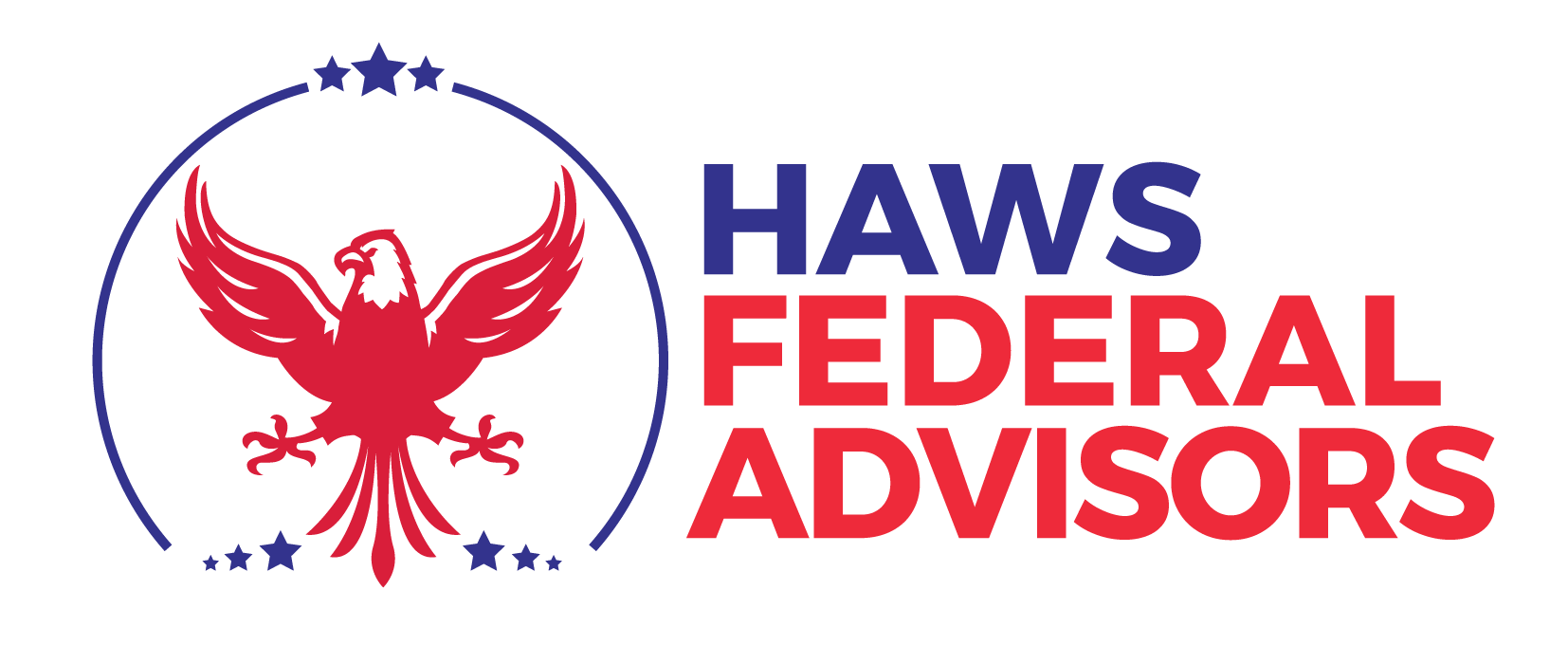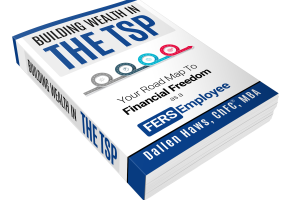If you’ve watched my stuff for any amount of time then you’ll know that I love the Roth TSP!
Getting TAX-FREE growth is amazing and I recommend it all the time. But I have to be honest, it doesn’t make sense for everyone. There are 3 specific circumstances where you should stay far away from the Roth TSP.
Situation 1: High Income
There may be moments in your career where you have a very high income. If you expect that this income level is higher than your income at retirement, it probably wouldn’t make sense to contribute into the ROTH TSP. Since your tax bracket might be higher now than it will be in retirement, you will end up spending more taxes now than in retirement.
There may be situations where a person feels better emotionally when they contribute to the Roth TSP just so they don’t have to worry about taxes in retirement or they’re just used to using the Roth TSP. In these cases, the person would rather pay a larger percentage of taxes now than a smaller percentage of taxes in the future. This strategy is fine, but keep in mind the opportunity cost. Also, keep in mind that even if you contribute only to the Roth TSP your whole career, you will still have a traditional TSP because of your employer contributions.
Situation 2: Close to Retirement
Similar to situation 1, being close to retirement most likely means that you have a higher income than you’ve ever had in your career (especially if you’re a federal employee). And some federal employees have a higher income in the latter years of their retirement than they will have in retirement. It makes sense to pay taxes later rather than now in these situations.
Since many federal employees started their careers before the Roth TSP existed, many have never contributed to a Roth TSP. Many consider the Roth TSP years before retirement as a plan to pay less taxes. But, as stated before, this strategy doesn’t work if you expect that your income now will be more than your income in retirement.
Some federal employees don’t stop working even in retirement. Many work a part-time job or they start working on a side hustle/small business. Keep in mind that your income from these things in retirement will also add to your tax liability. Try to find out your estimated income in retirement compared to your career to see if it’s worth investing in the traditional TSP vs the Roth TSP.
Situation 3: Giving Your TSP to Someone in a Lower Tax Bracket
In some cases, federal employees never plan to use their TSP funds for themselves but rather give it to their children or to an heir. Or some federal employees die when they have money in the TSP, and this money goes straight to the beneficiary. In these cases, the federal employee might consider what would be best for the beneficiary. If this person believes that they are in a higher tax bracket than the beneficiary, it might be better to use a traditional account rather than a ROTH account. Although the beneficiary might have to worry about paying taxes, they will get more money using a lower tax bracket.
Like we mentioned in situation 2, some people would rather pay a higher percentage of taxes now (with the Roth TSP) rather than leave the beneficiary taxes to pay later (with a traditional TSP). This can be a little easier emotionally to handle for the beneficiary and benefactor relationship. If you would like to know more about what happens to your TSP when you die, consider checking out this video here.
Conclusion:
At the end of the day, we all want to make the most of the money we earn. Sometimes it’s small adjustments (like using the Roth TSP or traditional TSP) that make a huge difference over time. There’s so much to think about when it comes to preparing for retirement. If you would like to know more about any other topic of a federal retirement, feel free to check out our website here.
Whether you’re just starting your career or almost retired, you can take advantage of this information. Make a plan that works for you and your goals and stick to that plan. If circumstances change, try to readjust your decisions to match your desires.


